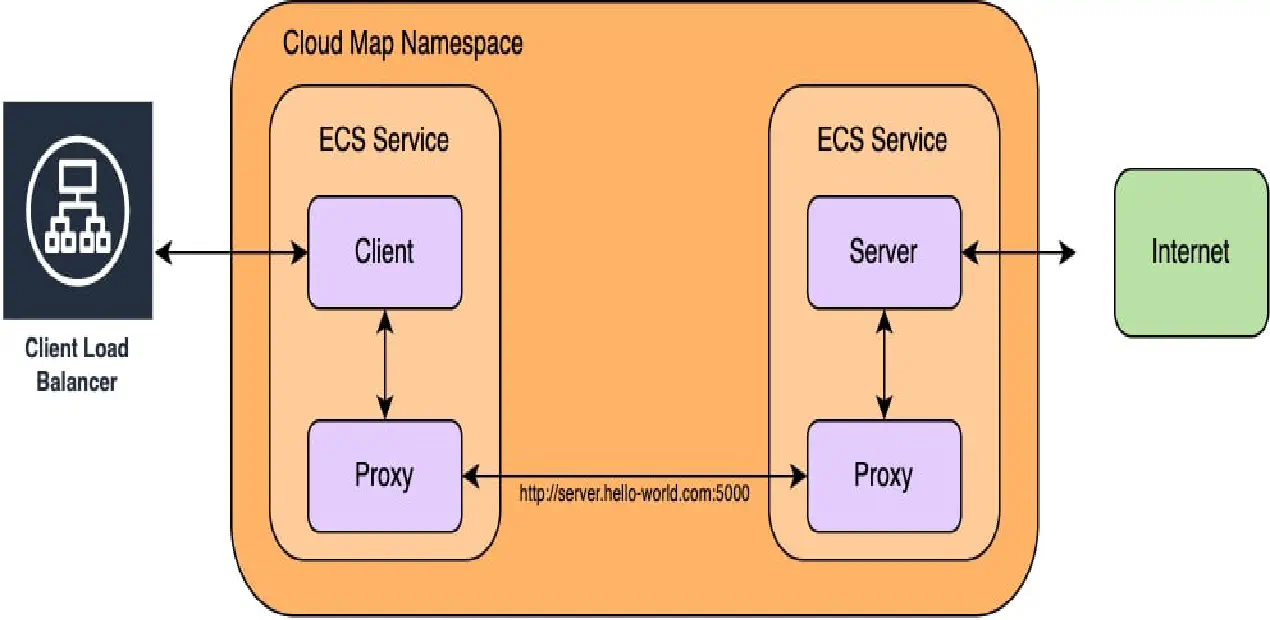Simplify Software Implementation
Posted in DevOps on September 15, 2024 by achaggar007 ‐ 3 min read

DevOps is more than just a set of tools and tech stacks; it’s a culture that integrates development and operations teams seamlessly. At its core, DevOps focuses on practices and processes that enhance the DevOps lifecycle, accelerating the delivery of high-quality applications and services through the automation of development and IT operations tasks.
“Adopting DevOps doesn’t start with adopting DevOps tools — it starts with adopting the underlying values of the DevOps community.”
While tools like servers, software, platforms, and applications facilitate DevOps solutions, they are secondary to the underlying principles driving the approach. As DevOps evolves, it’s crucial that the technologies within the DevOps toolchain adapt to new developments and trends to stay competitive.
Planning
In this phase, teams outline new features and functions for the next release, guided by prioritized user feedback, case studies, and input from internal stakeholders. The goal is to maximize the business value of the product by creating a feature backlog that enhances overall product value.
Coding
This step involves developers coding and building new and improved features based on user stories and backlog items. Practices such as test-driven development (TDD), pair programming, and peer code reviews are commonly used. Developers typically use local workstations for the inner loop of writing and testing code before it moves to the continuous delivery pipeline.
Building: Continuous Integration and Continuous Delivery
Here, new code is integrated into the existing codebase, tested, and packaged for release and deployment. Automation tasks include merging code changes into the master branch, verifying code from the source repository, and automating the compile, unit test, and packaging processes. Best practice involves storing the output of the Continuous Integration (CI) phase in a binary repository for the next stage.
Benefits of DevOps
Better Collaboration
Fostering a collaborative culture and eliminating silos align development and operations teams, boosting efficiency and reducing workloads through integrated workflows. With shared responsibilities, there are fewer surprises as projects progress, and DevOps teams gain a clear understanding of the operational environment as they develop code.
Accelerated Delivery
By embracing collaboration and adopting a microservices architecture, DevOps teams speed up the delivery of new code with more focused and frequent releases. This approach accelerates the introduction of improvements, innovations, and bug fixes to the market, enabling organizations to swiftly adapt to market changes and better meet customer needs, resulting in increased satisfaction and a competitive edge. Automation through continuous delivery and integration further enhances this process.
Greater Reliability
Automated testing in continuous delivery and integration ensures the quality and reliability of software and infrastructure updates. Real-time monitoring and logging verify performance, helping to maintain high standards.
Quicker Scaling
Automation, including infrastructure as code, streamlines the management of development, testing, and production, enabling faster and more efficient scaling.
Enhanced Security
DevSecOps integrates continuous integration, delivery, and deployment with security from the outset, rather than as an afterthought. By incorporating security testing and audits into workflows and utilizing infrastructure as code, teams can maintain control and track compliance more effectively.
Conclusion
Adopting DevOps is more than just integrating tools—it’s about fostering a culture of collaboration and continuous improvement. By bringing together development and operations teams, organizations can accelerate the delivery of high-quality software, adapt quickly to market changes, and enhance overall efficiency.
Key to DevOps success are principles like automation, continuous integration, and real-time monitoring. Embracing these practices helps streamline workflows and improve reliability. Remember, the heart of DevOps lies in its core values and the ongoing evolution of its practices and tools.
Embrace DevOps to drive innovation and efficiency in your development process.


